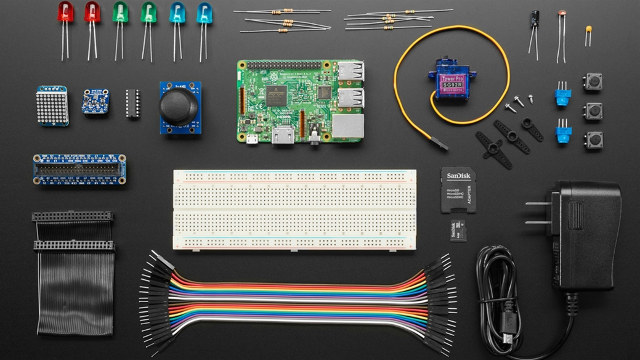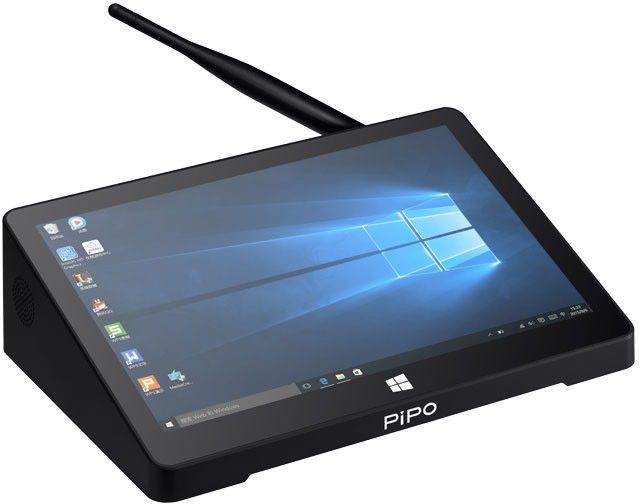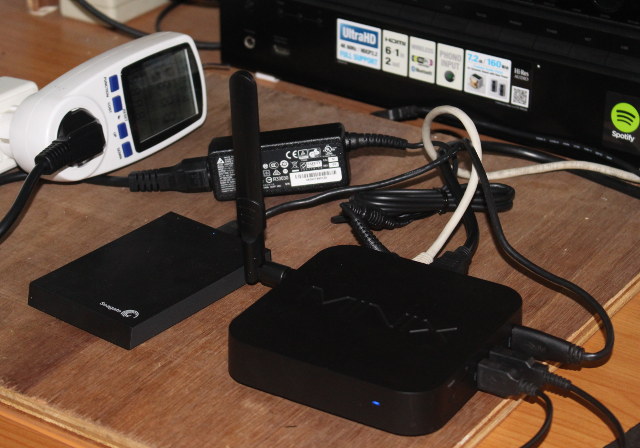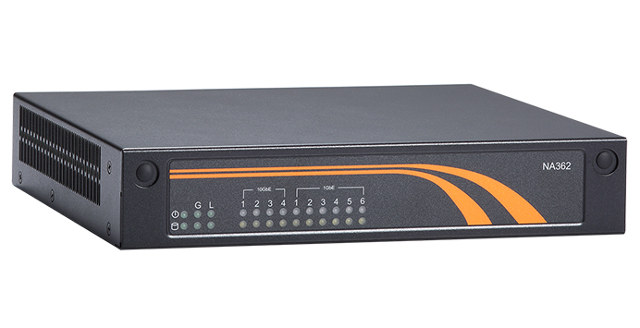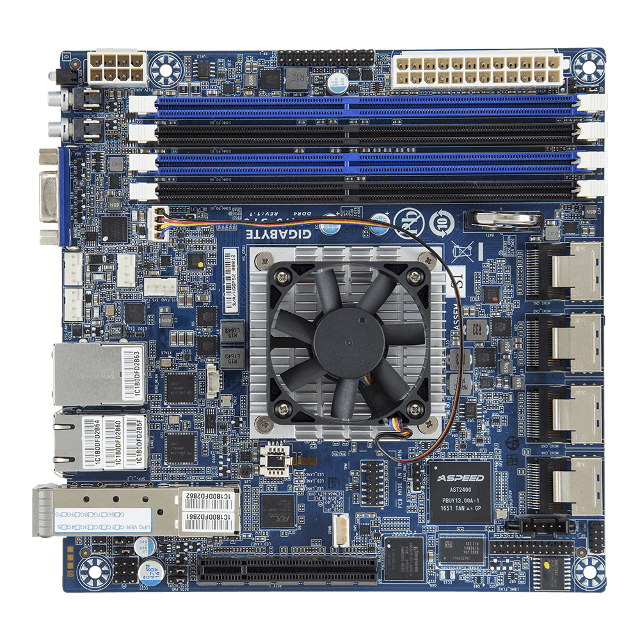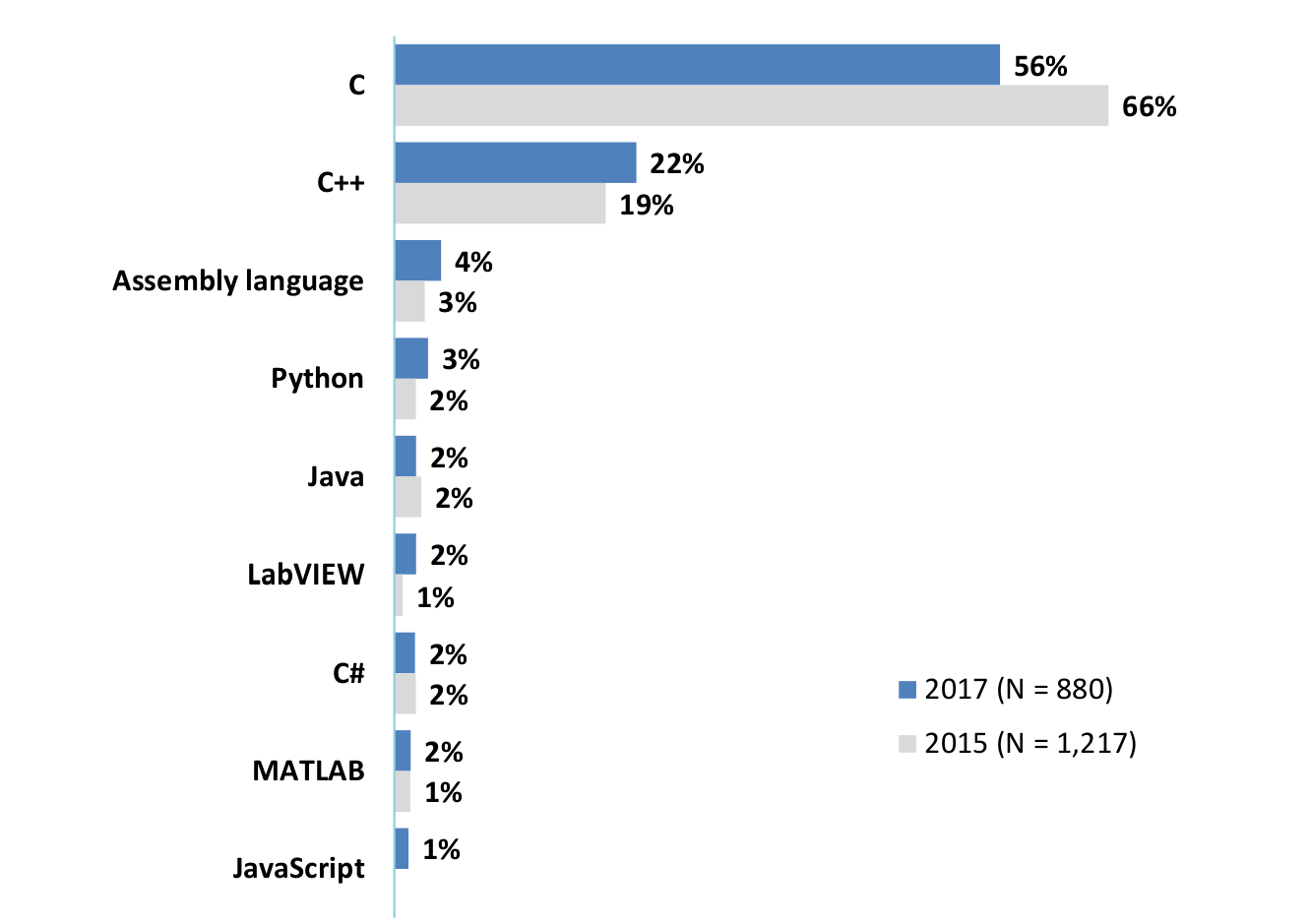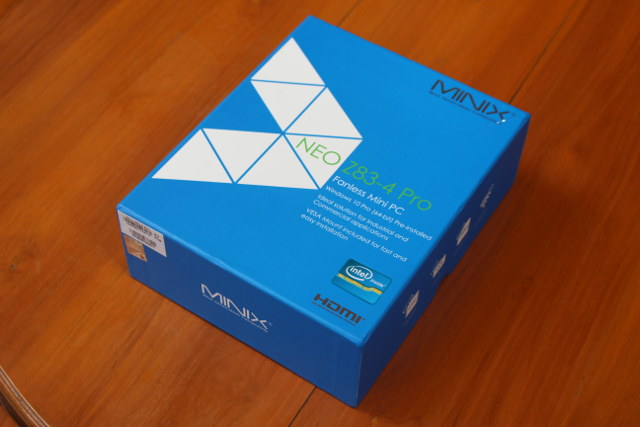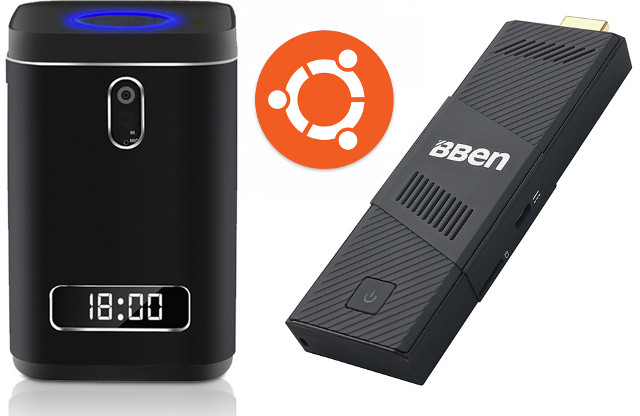Back in May, I wrote about Allwinner R18 based Banana Pi BPI-M64 Board with Google Cloud IoT Core support, as Google unveils the new cloud service during Google I/O. However, at the time it was only available to selected partners, and Google has recently launched the public beta making their IoT device management platform available to all. I first learned about this through an ARM community blog post announcing availability of the ARM-based IoT Kit for Cloud IoT Core on Adafruit using Raspberry Pi 3 board, a breadboard, and various modules that can be managed through Google services. But that are plenty of other IoT kits or boards for Google Cloud IoT Core including: Allwinner R18 based Pine A64-LTS, Banana Pi BPI-R18 Marvell based MACCHIATObin, and ESPRESSOBin boards Mongoose OS IoT starter kit with ESP32 board( instead of Raspberry Pi 3) Grove IoT Commercial Developer Kit based on Intel NUC […]
PiPo X12 Mini PC is Equipped with a 10.8″ Touchscreen Display, an RS232 Port, Ships with a Digital Stylus Pen
PiPo has released several mini PCs with touchscreen displays with products like PiPo X8 or PiPo X9S, and now the company has launched PiPo X12 model based on an Intel Cherry Trail processor, with a larger 10.8″ display, an RS-232 port to connect a barcode reader for instance, and that ships with a digital stylus pen. PiPo X12 specifications: SoC – Intel Atom x5-Z8350 “Cherry Trail” quad core processor @ 1.44 GHz/1.92 GHz with Intel Gen8 HD graphics System Memory – 4 GB DDR3 Storage – 64 GB flash, and micro SD slot Display – 10.8″ capacitive touch IPS display with 1920×1280 resolution Video Output – HDMI 1.4a and VGA Audio Output – HDMI, 3.5mm audio jack, built-in microphone and speaker. Connectivity – 10/100M Ethernet ports, dual band 802.11 b/g/n/ac Wi-Fi and Bluetooth 4.0 with external antenna USB – 3x USB 2.0 host ports, 1x USB 3.0 port Misc – […]
MINIX NEO Z83-4 Pro Mini PC Review – Part 2: Windows 10 Pro
MINIX launched NEO Z83-4 Cherry Trail mini PC last year, but the company has now launched NEO Z83-4 Pro, an updated version with a slightly faster Atom X5-Z8350 processor, Windows 10 Pro (instead of Home), and a a VESA mount kit. I’ve already checked the hardware in the first part of the review, so today I’ll report my experience with Windows 10 Pro. Windows 10 Home vs Windows 10 Pro My main computer runs Ubuntu 16.04, and I’m only using Windows 10 during reviews… But so far all other mini PCs I tried came with Windows 10 Home, and NEO Z83-4 Pro is my first Windows 10 Pro computer. So I had to educate myself, and Microsoft website has a comparison between the two versions of Windows 10. Windows 10 Pro supports all features of Windows 10 Home, plus the following: Security Windows Information Protection – Formerly Enterprise Data Protection […]
Axiomtek NA362 Network Appliance Features Intel Atom C3538/C3758 Processors, Up to 10 LAN Ports
We reported about GIGABYTE MA10-ST0 motherboard powered by a 16-core Intel C3958 Denverton processor earlier this week, but that also corresponded to the official launch of Intel Denverton family, and many companies made announcements for their Denverton boards, products, or COM Express modules including SuperMicro, Kontron, Portwell, and others, such as Axiomtek NA362 Network Appliance powered by Atom C3538 or C3758 processors, and offering up to 10 LAN ports with six GbE RJ-45 ports, and up to four SFP+ cages. Axiomtek NA362 specifications: SoC (one or the other) Intel Atom C3538 quad core “Denverton” processor @ 2.10 GHz with 8MB cache; 15W TDP Intel Atom C3758 octa core “Denverton” processor @ 2.2 GHz with 16MB cache; 25W TDP System Memory – 2x or 4 x R-DIMM/U-DIMM non-buffer DDR4, up to 64/128GB Storage – 1x 2.5″ SATA3 HDD; 1x mSATA Ethernet 6x 10/100/1000 Mbps RJ45 ports via Intel i210 4x 10 GbE […]
GIGABYTE MA10-ST0 Server Motherboard is Powered by Intel Atom C3958 “Denverton” 16-Core SoC
Last year, we wrote about Intel Atom C3000 series processor for micro-servers with the post also including some details about MA10-ST0 motherboard. GIGABYTE has finally launched the mini-ITX board with an unannounced Atom C3958 16-core Denverton processor. GIGABYTE MA10-ST0 server board specifications: Processor – Intel Atom C3958 16-core processor @ up to 2.0GHz with 16MB L2 cache (31W TDP) System Memory – 4x DDR4 slots for dual channels memory @ 1866/2133/2400 MHz with up to 128GB ECC R-DIMM, up to 64GB for ECC/non-ECC UDIMM Storage 32GB eMMC flash 4x Mini-SAS up to 16 x SATA 6Gb/s ports 2x Mini-SAS ports are shared with PCIe x8 slot Connectivity 2x 10Gb/s SFP+ LAN ports 2x 1Gb/s LAN ports (Intel I210-AT) 1x 10/100/1000 management LAN Video – VGA port up to 1920×1200@60Hz 32bpp; Aspeed AST2400 chipset with 2D Video Graphic Adapter with PCIe bus interface USB – 2x USB 2.0 ports Expansion Slots […]
Aspencore 2017 Embedded Markets Study – Programming Languages, Operating Systems, MCU Vendors, and More
Aspencore media group asked readers of their EE Times and Embedded.com websites to fill out an online survey about their embedded system projects. They got 1,234 respondents mostly from North America (56.3%), followed by Europe (25.2%), and Asia (10.6%). This resulted in a 102-page market study which you can download here. I’ve extracted a few slides to have a look at some of the trends. C language is still the most used language in embedded systems, but other languages like C++, Python and even assembly language are gaining traction. Operating system is more spread with Linux being the most used via Embedded Linux distributions, Debian, and Ubuntu. FreeRTOS comes in second place, while Android registers fourth with 13%. Git has finally supplanted Subversion in 2017, with all other version control software losing ground. Switching to some hardware slides, 44% used a development board to start their embedded design with ST […]
MINIX NEO Z83-4 Pro Windows 10 Pro mini PC Review – Part 1: Specs, Unboxing & Teardown
While I reviewed MINIX NEO Z83-4 mini PC last year, I found out the fanless mini PC based on Intel Atom X5-Z8300 processor performed well, even matching some Atom X7-Z8700 and Braswell systems in some cases, and offered some BIOS features not always found in competitor models, with the only real downside being the 32GB eMMC flash with average performance. Since then, it’s become quite popular becoming the best seller on Amazon US in the mini PC category, outselling devices like ASUS Chromebox and Apple Mac Mini, and the company has now launched a new variant called MINIX NEO Z83-4 Pro with Windows 10 Pro, an upgraded Intel Atom X5-Z8350 processor, and an included VESA mount making it more suitable for enterprise applications such as digital signage, point-of-sales, and thin client. MINIX NEO Z83-4 Pro Specifications Highlights show differences against Z83-4 model: SoC – Intel Atom x5-Z8350 “Cherry Trail” quad […]
Intel Mini PCs Sold with Ubuntu on Aliexpress
Many low power mini PCs equipped with Intel Bay Trail, Cherry Trail, Braswell, or Apollo Lake processors have been launched over the years, but most of those come pre-loaded with Windows 10, and many readers of this blog prefer to run a Linux distribution. It’s usually possible to install Ubuntu by yourself, but not always, and when you buy a Windows 10, this increases the price by several dollars (around $20). The ideal case would be to get such low power, low cost mini PCs pre-installed with a recent version of Ubuntu, without having to worry (too much) about hardware support, nor having to pay the “Windows tax”. MeLE used to sell Ubuntu mini PCs on Aliexpress, but sadly not anymore, so I went to Aliexpress to look for those Ubuntu mini PCs, and BBen offers three operating systems options for some of their systems with “Windows 10 Activated”, “Windows […]


